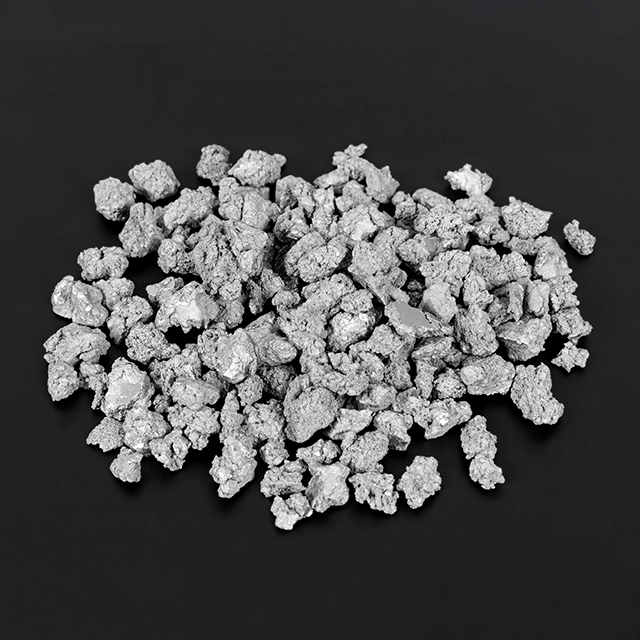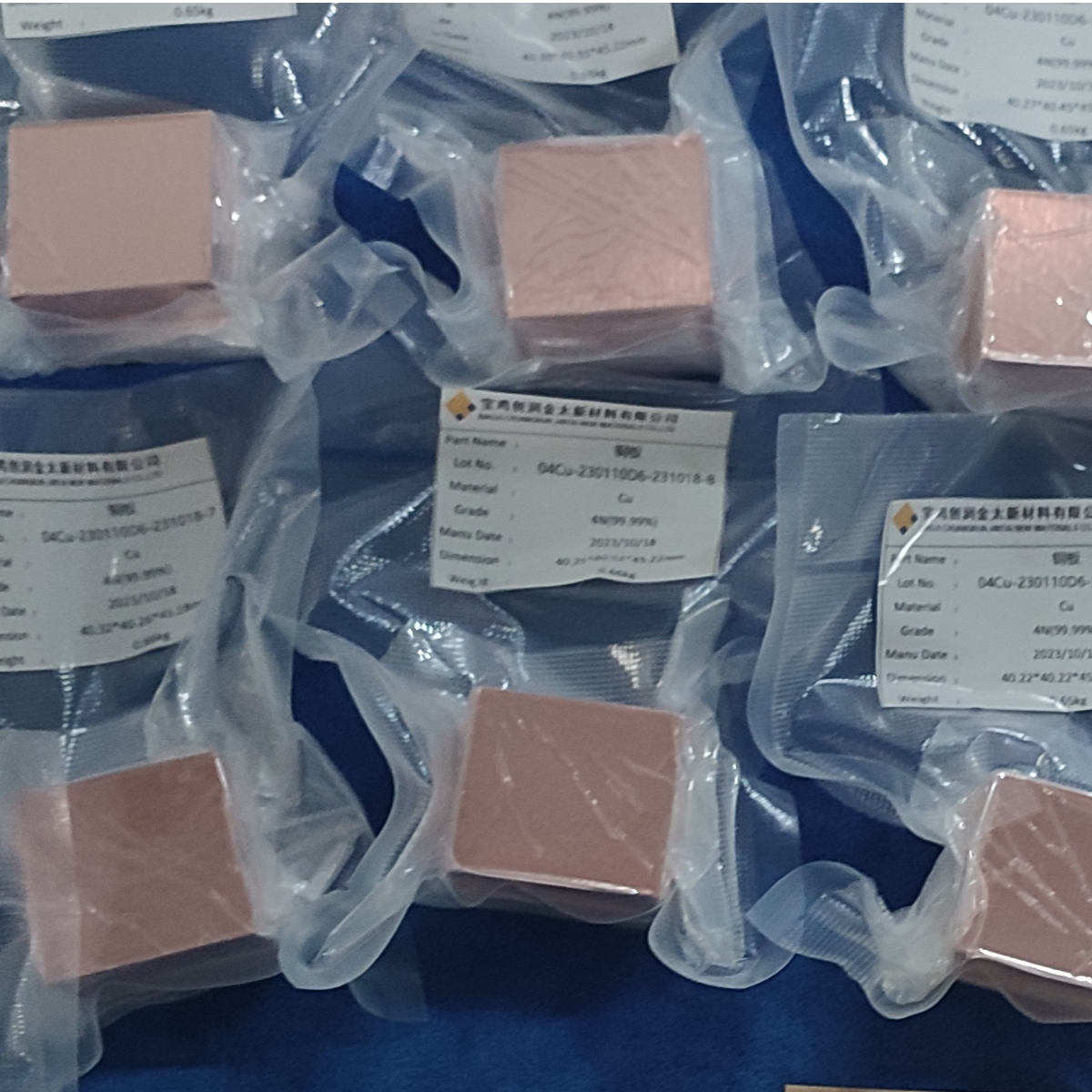
Everything You Need to Know About Tantalum Metal
Welcome to Ningbo Chuangrun New Materials Co., Ltd. (CRNMC)! We specialize in high-purity metals and alloys, including tantalum, copper, nickel, cobalt, and niobium. Our products serve industries like semiconductor, aerospace, and energy, offering ingots, powders, plates, and precision parts.
Physical and Chemical Properties
Tantalum has a very high melting point (~3,017°C), excellent corrosion resistance, and good ductility. Its BCC structure allows alloying with niobium for ductility and tungsten for strength. It can be machined, forged, sintered, or 3D printed, and surface treatments like anodizing enhance durability.
Key Characteristics
Tantalum is known for its extremely high melting point, around 3,017°C, enabling its use in high-temperature environments. It forms a protective oxide layer that ensures outstanding corrosion resistance, even in harsh acidic conditions. Its ductility allows drawing into fine wires or thin sheets without losing mechanical strength. Additionally, tantalum exhibits moderate thermal conductivity, providing controlled heat dissipation in electronic and chemical equipment.
Crystal Structure and Alloy Behavior
Tantalum features a body-centered cubic (BCC) crystal system at room temperature. Alloying with tungsten or niobium stabilizes its mechanical properties and high-temperature performance. Elements like niobium enhance ductility, while tungsten increases strength. These variations allow industrial designers to select tantalum grades that meet specific performance requirements in aerospace, electronics, or chemical processing applications.
Machinability and Surface Treatment
Tantalum can be machined, forged, sintered, and shaped via additive manufacturing techniques. Surface treatments such as anodizing improve corrosion resistance and allow color coding for industrial identification. Machining requires specialized tooling due to the metal’s hardness and low thermal conductivity, but the material’s versatility justifies the additional effort in high-performance applications.

Major Applications
Application1
Application2
Application3
Manufacturing and Material Selection Considerations
Selection Factors
Choosing tantalum requires evaluating strength, corrosion resistance, thermal behavior, and cost. Its high density and limited availability make it more expensive than common metals, necessitating careful material planning.
Processing Challenges
Tantalum’s hardness and low thermal conductivity demand specialized tools and cooling methods. Machining or forming without proper technique can lead to tool wear or material defects. Powder metallurgy and additive manufacturing offer alternative production methods that reduce waste and enhance precision.
Cost and Supply Chain
Tantalum production and refining are energy-intensive, contributing to higher costs. Reliable supply chains ensure consistent material quality for industrial applications, especially in aerospace, electronics, and medical industries.
Sustainability and Recycling
Recycling tantalum from manufacturing scrap or electronic waste reduces costs and environmental impact. Sustainable sourcing supports B2B businesses in meeting regulatory and corporate responsibility goals.
Company Advantage
CRNMC specializes in high-purity metals, especially tantalum and titanium, offering complete solutions with advanced facilities to serve demanding industries with reliable, high-quality materials.
High-Purity Metal Expertise
We focus on refining, casting, and processing high-purity metals, including titanium, copper, nickel, cobalt, niobium, and tantalum, ensuring every batch meets strict industrial standards.
Comprehensive Material Solutions
We provide complete solutions from high-purity electrolytic crystals, ingots, and powders to precision parts, excelling particularly in applications of tantalum and titanium metals.
Advanced Production Facilities
We pursue the values of excellence and are committed to achieving the highest quality standards and outstanding performance.
Diverse Industrial Applications
Our materials are widely used in semiconductors, aerospace, and renewable energy industries, with titanium and tantalum metals offering exceptional corrosion resistance and strength for the most demanding applications.
FAQs
Related Blogs
One Article for You to Read About CRNMC's High Purity Titanium
With the continuous application of titanium products in semiconductor, aerospace, new energy and other industries. End product requirements for upstream raw materials are also becoming more stringent.High purity titanium spongeThe highest national standard for titanium sponge, grade 0A, requires a t
Read MoreNiobium Alloys: Transforming Steel Production And Industrial Applications
Steel has long been one of the most essential materials for modern infrastructure, from towering skyscrapers to bridges and vehicles. However, despite its importance, steel is not always as durable or versatile as industries require. This is where niobium alloys come in.
Read MoreThe Unique Properties of Niobium: Why It's A Critical Material in High-Tech Industries
Niobium, a relatively obscure metal compared to more common materials like aluminum or steel, plays a vital role in modern high-tech industries.
Read MoreCorrosion Resistance of Titanium Metal: What Makes It So Durable?
Titanium is often described as a “wonder metal” for good reason. It’s as strong as steel but nearly half the weight, making it ideal for aerospace and engineering applications.
Read More
Get Touch With Us

Contact CRNMC
If you have any questions or requirements regarding solutions, please feel free to contact our customer service team.
+86-574-6206 7577 8777
tiefeng.zhang@crnmc.com





















